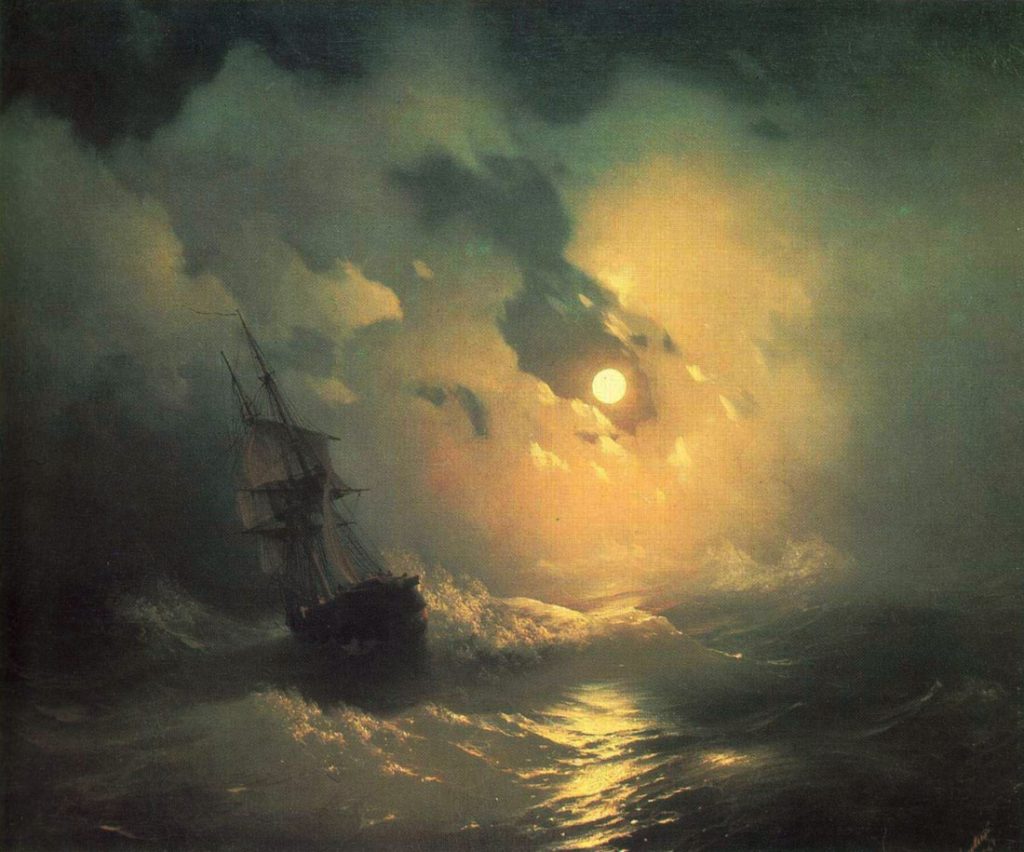This post is part of the General Conference Odyssey.
We have lost the art of fine distinctions, of exceptions, and of subtlety. We live in a world of brutally simplistic extremes. And the funny thing is, a lot of us think that these are the days of nuance and sophistication. So, here’s what a reactionary, ultra-conservative Mormonism had to say about family structure in the 1970s:
Families usually consist of a father, mother, and children, but this is not always the case. Sometimes there is not a mother or a father, and sometimes no children. Often there is one person living alone. In years gone by, our family was larger, but now it consists of only two.
There is no reasonable doubt that Elder Hunter had in mind a single archetype of the family: mom, dad, kids. There is also not reasonable doubt that he well understood that gap between the Platonic ideal of the Family and the mortal reality of families.
Back then, we could walk and chew gum at the same time, apparently. I miss those days. For an example, here is a paragraph-sized sermon from the same talk:
There was quiet meditation, the silence broken only by the voice of a tiny babe whose mother quickly held him close. Anything that breaks the silence during this sacred ordinance seems out of place; but surely the sound of a little one would not displease the Lord. He, too, had been cradled by a loving mother at the beginning of a mortal life that commenced in Bethlehem and ended on the cross of Calvary.
The capacity to understand a general principle—that we should be quiet during the Sacrament—and also fully appreciate a valid exception to it—a baby’s cries—without detracting either from the generality of the principle or the validity of the exception is a capacity that is very much felt through its absence.
—
Check out the other posts from the General Conference Odyssey this week and join our Facebook group to follow along!
—
- A Day in the Life of President Howard W. Hunter by G
- Sacrament: An Incentive to Change My Life by Jan Tolman
- We should see the face of the Lord by Marilyn Nielson


 I’m excited to announce that the
I’m excited to announce that the 
